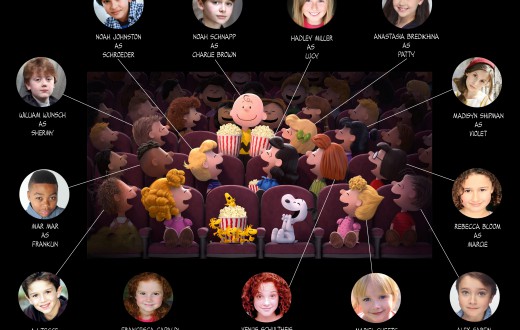Child actors must develop emotional resilience to cope with the ups and downs of their careers. They can achieve this by comprehending the nature of triumph and disappointment, fostering a positive mindset, establishing a supportive community, expressing emotions through creative means and gaining knowledge from both acceptance and denial. By building a strong foundation of emotional resilience, they can handle industry obstacles with poise and preserve their emotional health. This will allow them to progress and flourish in their quest for a rewarding and prosperous acting career.
Understanding the Nature of Success and Rejection
Success and rejection are two sides of the same coin in the entertainment industry. Child actors must grasp the reality that not every audition or role will result in success. Rejection is not a reflection of their talent or worth as individuals. Similarly, success should not be taken as an indicator of constant achievement or validation. Understanding the unpredictable nature of the industry and separating self-worth from external outcomes is crucial for emotional resilience.
Cultivating a Healthy Mindset
Child actors should focus on their personal growth, rather than solely on external validation. This involves recognizing that rejection is a normal part of the process and that setbacks can be opportunities for learning and improvement. Encouraging positive self-talk, self-compassion and maintaining a balanced perspective can help child actors navigate the highs and lows of their career.
Building a Supportive Network
A strong support network plays a vital role in helping child actors develop emotional resilience. Parents, guardians, mentors, and fellow actors can provide guidance, encouragement, and a listening ear during both successful and challenging times. It is important for child actors to surround themselves with individuals who understand the industry’s dynamics and can provide emotional support and constructive feedback.
Channeling Emotions through Creative Outlets
For child actors, creative outlets are an effective means to manage and utilize their emotions. By participating in activities like writing, painting, dancing or playing a musical instrument, they can express themselves in a positive and beneficial manner. Furthermore, enrolling in acting classes or workshops gives them a safe space to experiment with various techniques and emotions, which promotes emotional strength and development.
Learning from Rejection and Celebrating Success
Rejection can be an opportunity for growth. Child actors should view each audition or role as a chance to learn and improve their craft. After facing rejection, it’s important for them to reflect on their performance, seek constructive feedback, and identify areas for growth. This mindset allows them to bounce back stronger and more prepared for future opportunities.
Similarly, celebrating success is equally important. Children should acknowledge and appreciate their achievements while remaining grounded and humble. Gratitude for the opportunities they receive and acknowledging the contributions of others involved in their success fosters a positive and resilient mindset.
Key Skill
One of the most critical skills for child actors to develop is emotional resilience. Success and rejection are inherent parts of the industry, and learning how to handle them is important for maintaining a healthy mindset and long-term growth.







